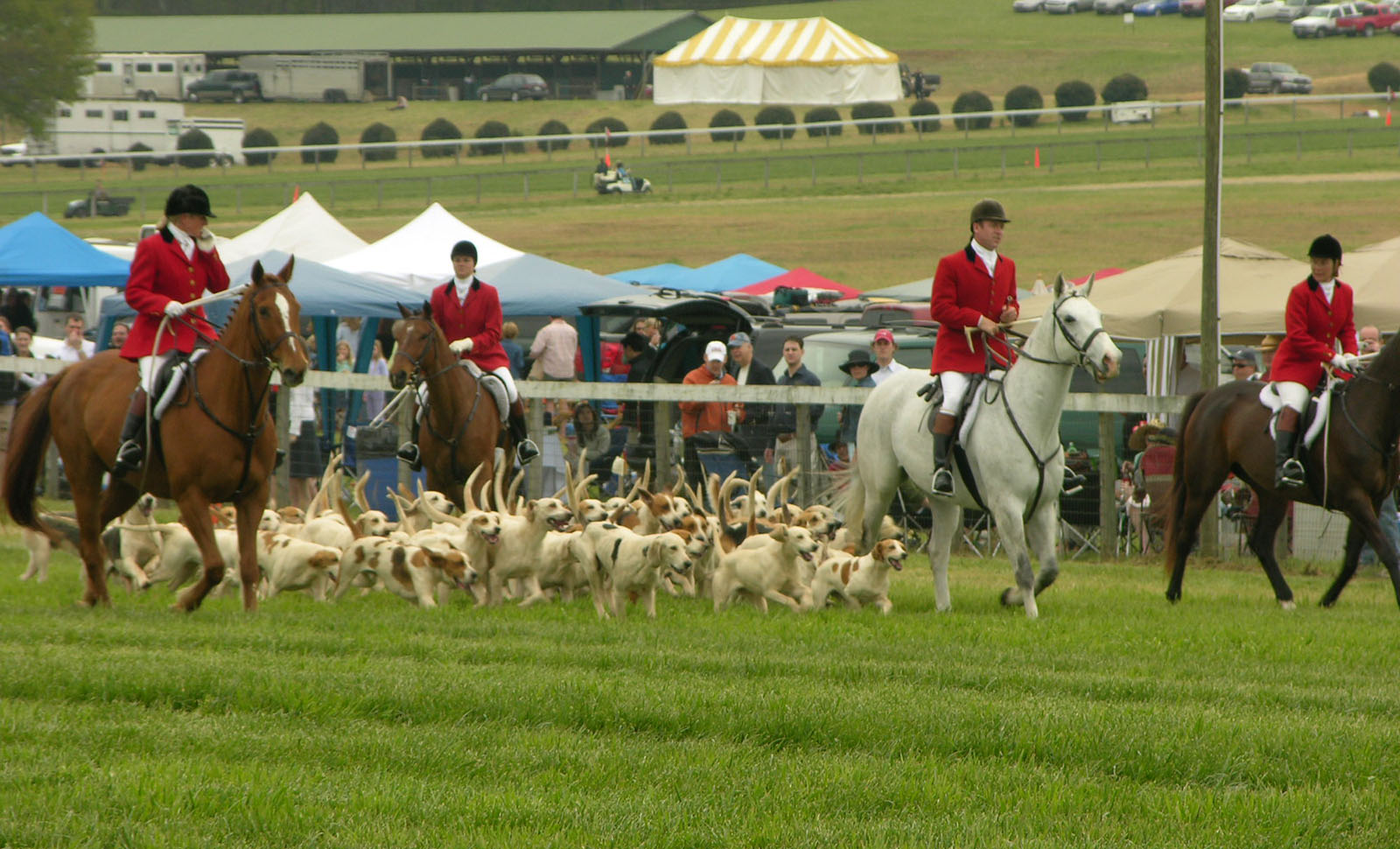A three-judge panel with the 10th U.S. Circuit Court of Appeals unanimously ruled against Alison Brown, Ph.D. (Mechanics and Aerospace), in her appeal of a June 23, 2022, judgement against her in U.S. District Court.
Brown’s attorney, Charlie Cain of Texas law firm Cain and Skarnulis, filed the original complaint against Chaffee County on March 28, 2019, alleging the County had violated Brown’s property rights as guaranteed by the 14th Amendment of the U.S. Constitution.
The 14th Amendment states, in part, “No State shall … deprive any person of life, liberty, or property, without due process of law.”
Brown’s complaint claims Chaffee County deprived her of “vested property rights in violation of constitutional protections” at her Antelope Road property near Salida.
The Appeals Court decision, written by Judge Timothy M. Tymkovich,* affirmed a judgement in favor of Chaffee County handed down by U.S. District Judge Regina Rodriguez on June 23, 2022.
As previously reported, Rodriguez’ ruling permits the County to recover legal costs incurred while defending against Brown’s accusations and dismissed the case “with prejudice,” meaning that Brown is prohibited from refiling the case.
The disagreement stems from Brown’s assertion that “representations” by County staff relieved her of the requirement to obtain approval for a kennel and outfitting facilities through a Limited Impact Review.
The Chaffee County Land Use Code requires a Limited Impact Review for certain land uses, including multi-family dwellings, kennels and outfitting facilities.
Brown had originally proposed to build a multi-family dwelling on her property but, to avoid a Limited Impact Review, changed her plans to construct a single-family dwelling.
County Planning Manager Jon Roorda approved a building permit for the single-family dwelling, leading Brown to claim that, by approving the dwelling, the County had “represented” to her that she could construct a kennel and outfitting facilities without a Limited Impact Review.
Tymkovich’s ruling states, “Dr. Brown has not established vested rights to develop the kennel and outfitting facility.”
In his ruling, Tymkovich notes, “Brown repeatedly points to the United States Forest Service’s determination that she was not operating an outfitting facility … but representations from an entity other than the County … have no place in an analysis about the County’s representations to Dr. Brown.”
Tymkovich also writes, “We are faced with only the narrow question of whether, under Colorado law, the County made such unequivocal representations as to render Dr. Brown’s reliance reasonable. Under the stringent Colorado standard, no jury could find the representations clear, and no jury could find the reliance reasonable. Thus, Dr. Brown did not obtain the vested property rights she claims.”
Tymkovich also addresses Brown’s claim “that she obtained a vested property right to maintain an unlimited number of foxhounds on her land so long as she did not breed them.”
The claim dates to early 2017 when the County insisted that Brown obtain a permit to operate a kennel because she was breeding foxhounds. Breeding dogs is a longstanding Land Use Code characteristic of a kennel operation that requires approval through a Limited Impact Review.
“In response,” Tymkovich writes, “Dr. Brown disclaimed any intent to breed foxhounds in the future. But Dr. Brown does not identify any unequivocal confirmation by the County that would have entitled her to reasonably believe that her cure was sufficient. … So this argument also fails.”
The Appeals Court panel that reviewed the case included judges David M. Ebel and Robert E. Bacharach. Neither Ebel nor Bacharach submitted a separate or dissenting opinion in the case.
Should Brown continue to pursue her claims, she has until Aug. 2nd to file a petition for rehearing.
According to the website for the 10th Circuit Court of Appeals, “Although petitions for rehearing are filed in a great many cases, few are granted. Filing a petition solely for purposes of delay or in order merely to reargue the case is an abuse of the privilege.”
While the Court website indicates little chance for success if Brown were to file for a rehearing, Brown and Cain have demonstrated a penchant for litigation in other disagreements with Chaffee County and with Brown’s neighbors.
An Aug. 11, 2021, filing in this lawsuit indicates Brown possesses the financial resources to continue litigating ad nauseam. The filing states that Brown’s attorney expenses at the time amounted to $531,926.55 and “are continuing to accrue.”
This claim suggests that Brown has paid her Texas law firm in excess of $1 million since the lawsuit was filed more than four years ago.
The filing also claims that Brown incurred “economic damages” of “approximately $315,956.05.” The alleged damages include $173,397 for construction of kennels, a greenhouse, a barn, and horse-boarding facilities and outbuildings at Brown’s Antelope Road property. $60,340 in additional alleged damages is attributed to the cost of building kennels on Brown’s property in Fremont County.
*Judge Tymkovich served as chief justice of the 10th Circuit Court from 2015 until 2022, when he reached the 7-year term limit for that position.





